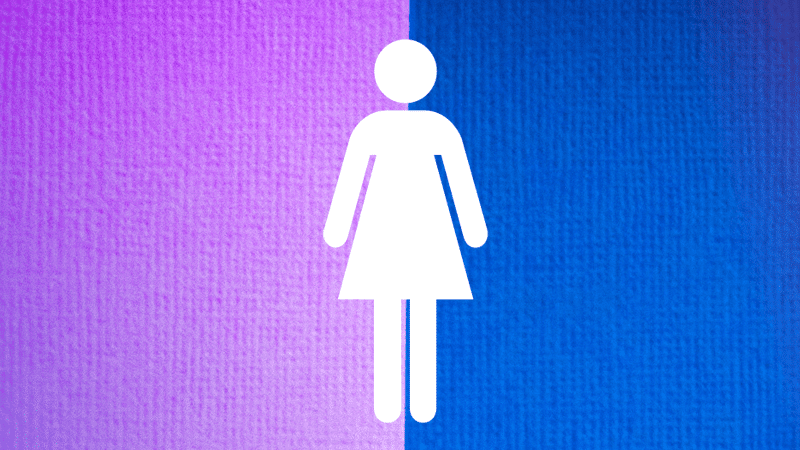Pressure to expand the definition of the word ‘woman’ to include men who identify as female is erasing the idea of women, columnists have complained.
The issue was raised after The Guardian avoided using the word ‘woman’. Instead they used the term ‘menstruators’, wanting to acknowledge that some females call themselves ‘men’ and that some males call themselves ‘women’.
The critics have argued that the rights and feelings of those who are transgender are being “elevated above those of other people”.
‘Menstruators’
Last month a Guardian report said that “YouGov asked 538 menstruators about their experiences of period pain in the workplace”.
After opposition on social media, the word ‘menstruators’ was removed from the article.
Other examples cited by the critics included Wellcome Collection in London who used the word ‘womxn’ to promote a women’s event.
Previously, the British Medical Association and Cancer Research campaigners had advised staff to use phrases such as everyone “with a cervix” and “pregnant people”.
Reductive
Writing for The Times, Naomi Firsht said: “All of this tiptoeing around the word ‘woman’ and desire for inclusivity is done so as not to offend transgender people”.
“I’m offended. In fact, I’m appalled”, she said.
She highlighted that women once fought for the liberty not to be reduced to sexuality and body parts. Yet she says that in 2018, “we must once again be reduced to menstruation, a cervix, a pregnant person” because real women are now only identifiable by their biological characteristics.
No offence
Catriona Stewart, writing for The Herald, called the changes “dehumanising” and “problematic”.
Earlier this year a billboard bearing the Google definition of woman as “adult human female” was removed on the basis that it “makes transgender people feel unsafe”.
Stewart said: “In order to be inclusive and to prevent causing offence to trans people, the word ‘woman’ has become a problem”.
“But there has to be another way to ensure inclusion. Otherwise we are going backwards in a vain attempt to move forwards”.

